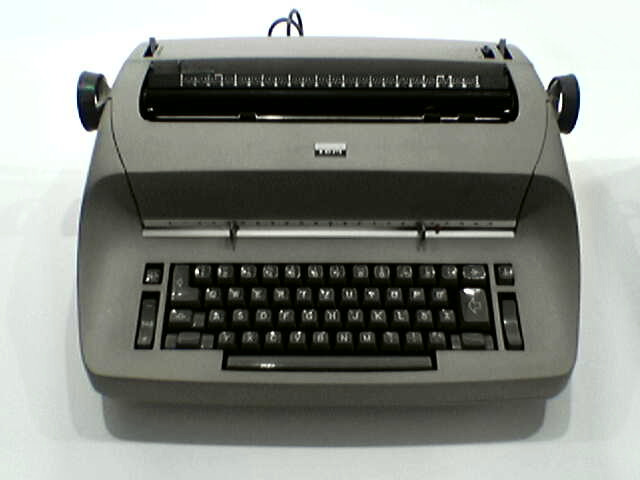HardOCP News
[H] News
- Joined
- Dec 31, 1969
- Messages
- 0
Global PC sales are down by 0.1 percent and tablets and other gadgets are being blamed. You know, because this awesome global economy has nothing to do with it at all. 
The quarterly report from research firm Gartner showed PC shipments, excluding tablet computers, totaled 87.5 million units in the second quarter of 2012, a small drop year-over year. "In the second quarter of 2012, the PC market suffered through its seventh consecutive quarter of flat to single-digit growth," said Mikako Kitagawa, analyst at Gartner.
![[H]ard|Forum](/styles/hardforum/xenforo/logo_dark.png)

